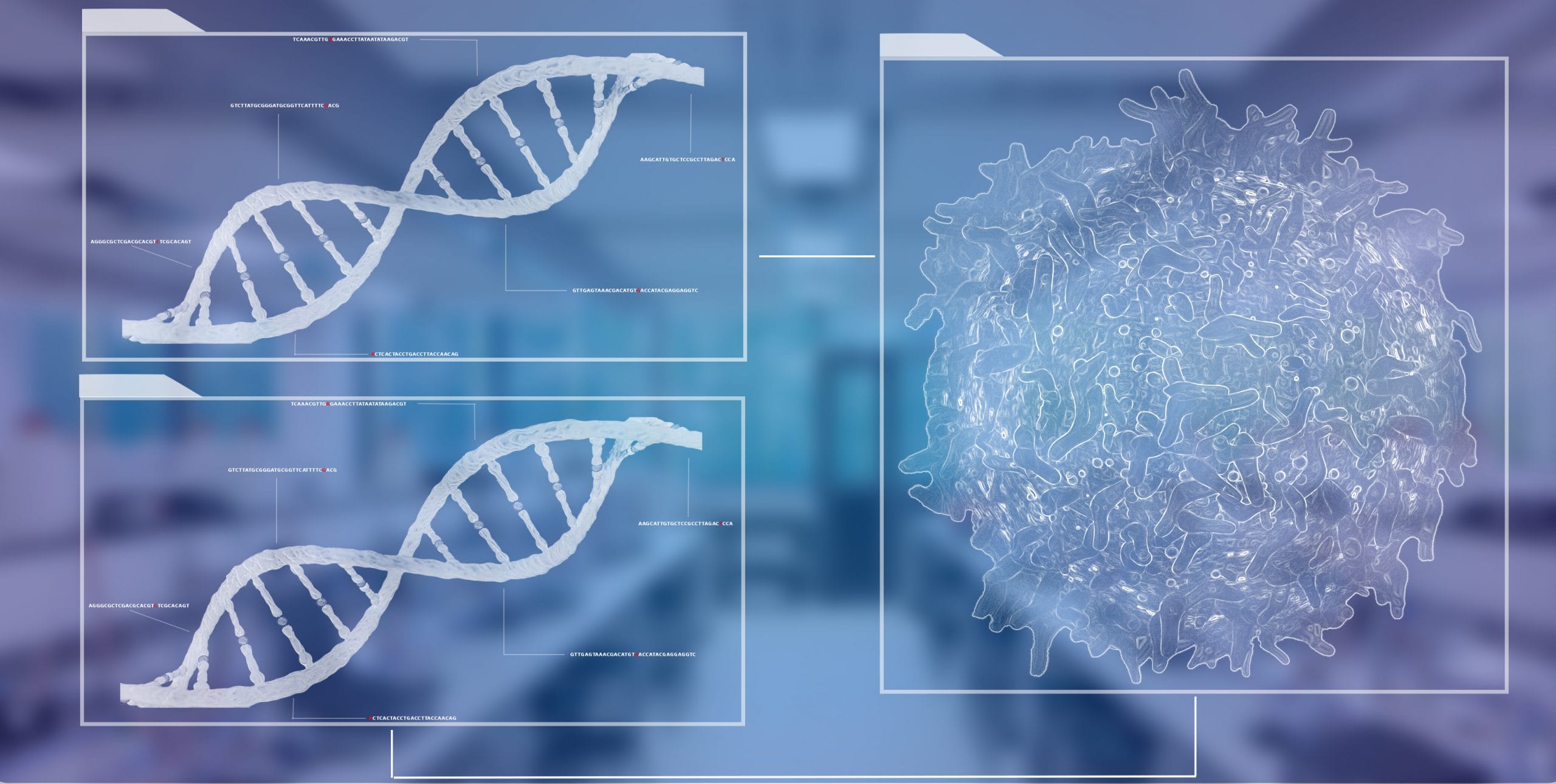CAR-T cell therapy has offered new hope to children and adults with certain types of blood cancers who have no other remaining treatment options.
The treatment, a personalized cancer immunotherapy, turns a patient’s T cells, a type of white blood cell, into cancer-cell fighters. CAR-T cell therapy is not a drug a pharmacist can provide. The process of adding chimeric antigen receptors (CARs) to the patient’s T cells must be done in a special laboratory and can take several weeks. Some patients don’t have enough T cells, or the T cells they have are not the right quality needed to manufacture the treatment. And it’s expensive. The therapy, which is typically given one time, can cost $373,000 or more.
To get around these obstacles, Katy Rezvani, an immunology researcher at the University of Texas MD Anderson Cancer Center in Houston, developed a CAR treatment that uses a donor’s natural killer (NK) cells instead of the patient’s T cells. NK cells are another type of white blood cell. They can be harvested from the blood of a baby’s umbilical cord and then stored in a blood bank to be used for other medical purposes. If using NK cells from cord blood works as well as using a patient’s white blood cells, Rezvani says it may be possible to develop an equivalent to CAR-T cell therapy that is readily available.
Rezvani launched the first U.S. trial in humans of her CAR-NK cell treatment in June 2017. To date, nine patients have been treated in the phase I trial, which is evaluating the treatment’s safety and the type of immune response it generates.
Beatriz Martín-Antonio, a biologist at the Josep Carreras Leukaemia Research Institute in Barcelona, Spain, says the big unknown is whether CAR-NK treatments will have side effects not seen with CAR-T therapy. She says that researchers are also trying to develop CAR-T cells made from the T cells of people without cancer. These CAR-T treatments are starting to be tested in clinical trials.
Cancer Today magazine is free to cancer patients, survivors and caregivers who live in the U.S. Subscribe here to receive four issues per year.





